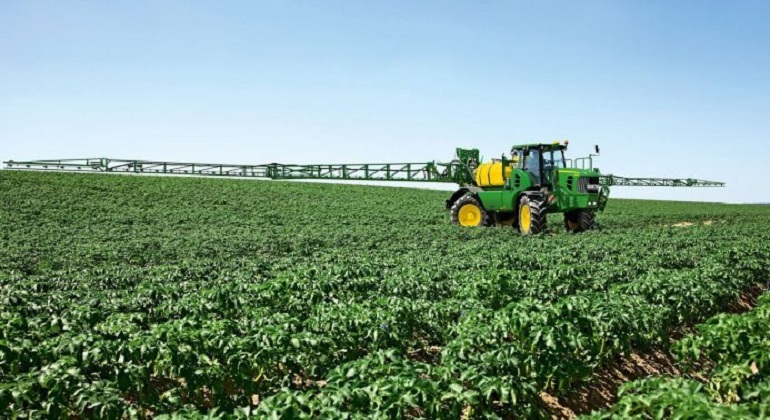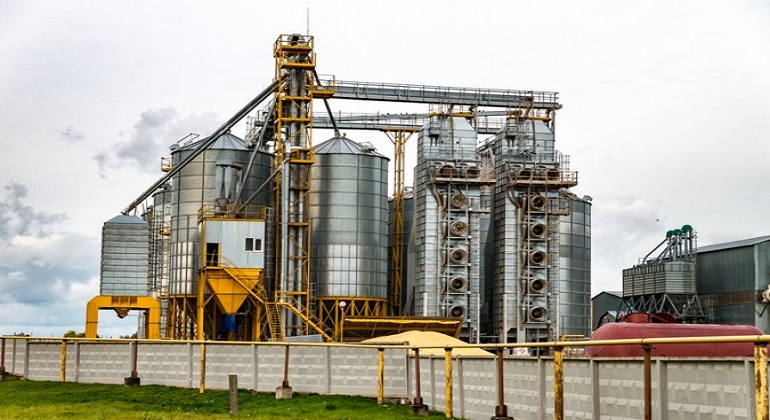KADUNA SAPZ
Kaduna State
Kaduna State, located in the northern part of Nigeria, is known for its diverse agricultural activities. Agriculture plays a crucial role in the state’s economy, providing employment for a significant portion of the population and contributing to food security in the region.
Here are some key aspects of agriculture in Kaduna State:


Crop Production
- Crops: Kaduna State is known for the cultivation of various crops, including maize, millet, sorghum, rice, groundnut, and soybeans. These crops contribute significantly to the state's food production.
- Irrigation Farming: The state has embraced irrigation farming to enhance crop production, especially during the dry season. Irrigation schemes have been implemented to support farmers in growing crops year-round.
- Cash Crops: Kaduna State also produces cash crops such as cotton and tobacco. These crops contribute to both the local economy and the national economy through export.
Livestock Farming
- Cattle Rearing: Livestock farming, particularly cattle rearing, is a significant aspect of agriculture in Kaduna State. The Fulani herdsmen are actively involved in pastoral activities, moving their cattle across the state in search of grazing lands.
- Poultry and Small Ruminants: Poultry farming and small ruminant production (sheep and goats) are also common in the state, contributing to the protein needs of the population.
Agro-Processing
Kaduna State has a thriving agro-processing industry. Processing activities include milling of grains, oil extraction from seeds, and other value-addition processes that enhance the shelf life and market value of agricultural products.
Challenges
Like many other regions, Kaduna State faces challenges in its agricultural sector. These challenges include inadequate infrastructure, limited access to modern farming technologies, climate change impacts, and occasional conflicts between farmers and herders.
